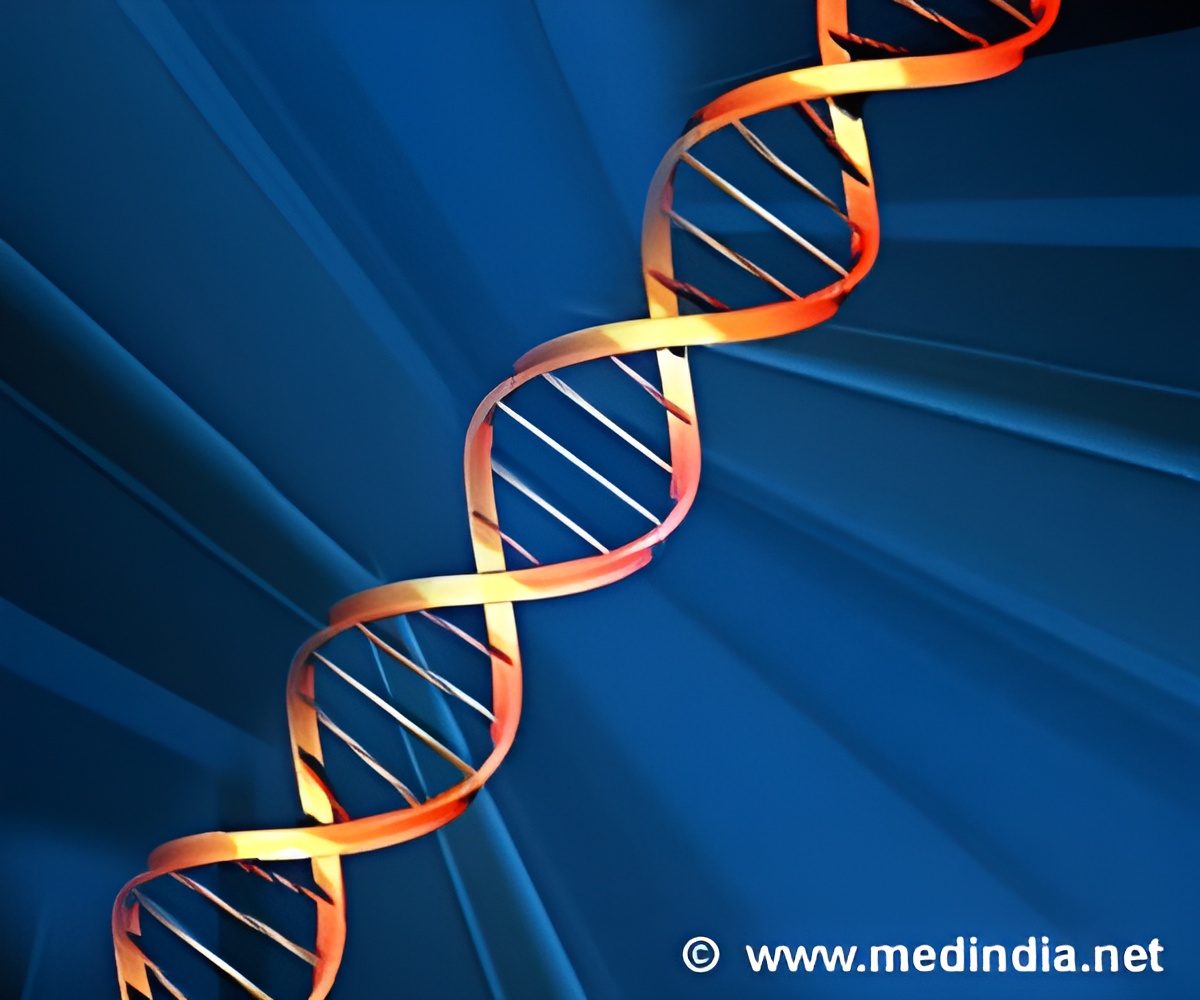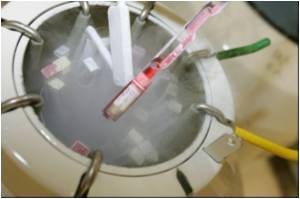New study sheds light on the role of the PTEN gene, which is the second most commonly mutated gene in human cancers.

‘New discovery has provided an important link between the biochemical function of PTEN and its role in prostate cancer, and in some triple negative breast tumours for which treatment is currently limited.’





PTEN is reportedly the second most commonly altered gene in human cancers. The study, led by Dr Len Stephens and Dr Phill Hawkins and published in the journal Molecular Cell, reveals why loss of the PTEN gene has such an impact on many people with prostate cancer, as well as in some breast cancers. These results, which also include work from Akita University, Japan, and contributions from GSK could help to identify patients likely to benefit from novel targeted therapies. PTEN is known as a tumour suppressor gene meaning that it typically slows the growth of cells and its loss can lead to cancer. By regulating the levels of the chemical phosphatidylinositol-3,4,5-trisphosphate (PI(3,4,5)P3), PTEN helps to limit cell growth and so prevents cancer.
New revelation
Yet, the new paper shows that this is only part of the story. The team at the Institute, supported by GSK and together with AstraZeneca have identified another way that PTEN may prevent uncontrolled cell growth. PTEN can also reduce the levels of another similar molecule known as phosphatidylinositol-3,4-bisphosphate (PI(3,4)P2). The role of PI(3,4)P2 is still becoming clear but it may be able to alter the activity of the AKT protein, a key regulator of cell growth. PI(3,4)P2 may also influence several other proteins that regulate the process of invasion; how cancer cells spread and move through the body.
Speaking about the research, Dr Hawkins said: "We were really surprised that loss of PTEN caused such a dramatic increase in PI(3,4)P2 in our mouse model of prostate cancer. PI(3,4)P2 has generally been a bit of an enigma and many thought it was just a by-product of PI(3,4,5)P3. Our work suggests that studying PI(3,4)P2-regulated processes may reveal why PTEN is such a powerful tumour suppressor and may also help us to identify new therapeutic targets in PTEN-mutated cancers."
Advertisement
By studying human cancer cells and animal models of cancer in the lab, our researchers have shown that loss of PTEN leads to high levels of PI(3,4)P2, which could result in hyperactivation of AKT. This may indicate AKT as an effective target for new cancer treatments. AstraZeneca’s AKT inhibitor is currently in clinical trials for prostate, breast and other cancers. This collaboration could help to devise tests to identify patients who will benefit from these targeted therapies.
Advertisement
Source-Eurekalert














